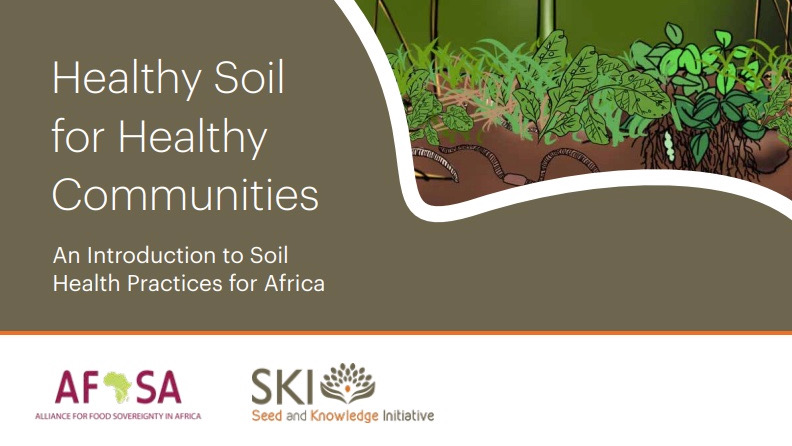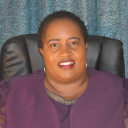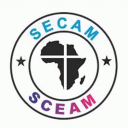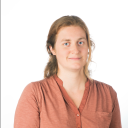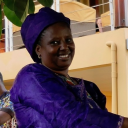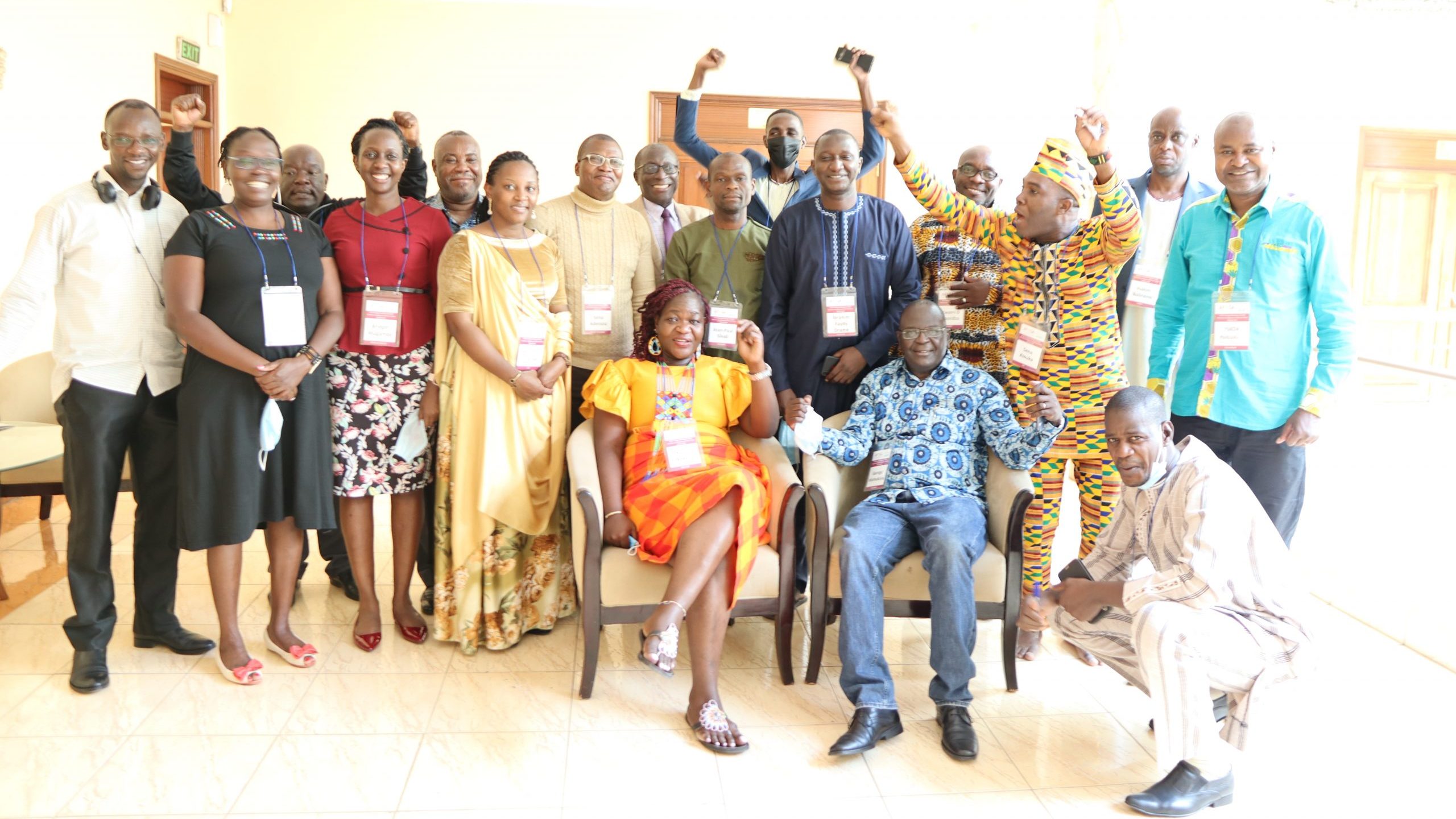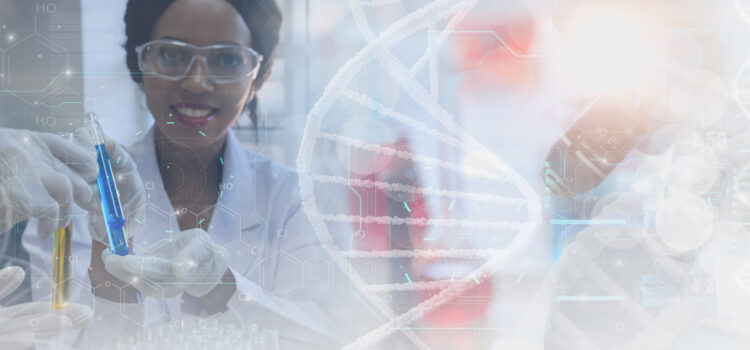1 March 2022 COVID-19 in Traditional Markets — Evidence of Consumer and Vendor Resilience During a Global Pandemic by Agrilinks/USAID
1 March 2022. Speed Matters: How Digital Imaging Can Create a More Resilient Crop in a Changing Climate by Agrilinks/USAID
3 March 2022. 13:00 - 15:00 CET. Importing cheap poultry products: a key obstacle for African poultry sector development? by Wageningen University
3-4 March 2022. The Africa Food Sustainability Summit
3-4 March 2022. UNEP@50
7 March 2022. 15:30 CET/CAT Women’s Land Rights and Access to Results-Based Climate Finance in REDD+ programs Webinar registrants will receive a copy of the full report and country profiles with the webinar recording.
- 07/03. 3 p.m. CET. Europe/North America
- 08/03. 3 p.m. CET. Latin America and the Caribbean
- 09/03. 8 a.m. CET. The Asia Pacific region
- 10/03. 1 p.m. CET. Africa
- 09/03 8:00 am CET/CAT. ICTforRegenAg: The role of digital tools in facilitating a transition to regenerative agriculture
- 09/03 Connecting women to agriculture digital services: Pathways to scale
- 09/03 11:30 am CET/CAT. What is the potential impact of digital technologies and innovation on smallholder #farmers? This social session at #ICTforAg2022, co-created by FAO and ITU will showcase stories on the impact of digital technologies on smallholder farmers, youth and women in the field from Rwanda and Zimbabwe.
- 09/03. 4 pm CET/CAT. Can Online Platforms Facilitate Locally Led Development?
- 10/03. 11 am CET/CAT. Global public and private partnership models for boosting local digital
agriculture ecosystems building - 10/03. 11 am CET/CAT. Digital agriculture in Sub-Saharan Africa - Report launch and policy dialogue on investment opportunities
- 10/03 12:30 CET/CAT. Putting the Power of Technology and Data into the Hands of Smallholder Farmers
- 10/03 16:30 CET/CAT. Multi-stakeholder partnerships to scale digital agriculture in the face of climate change
- 10/03 18:00 CET/CAT Women in Agribusiness - how giving female farmers access to open and climate-smart agronomic content pays off
- In the 3rd BR cycle, 51 countries (out of 55) reported performance across 46 indicators.
- The 3rd BR report, titled “Accelerating CAADP Implementation for a Resilient African Food System” will be an important basis for dialogue and action on agricultural development in Africa.
- 10/03 Virtual Mendel Walk - A virtual science walk following Gregor Mendel’s footsteps across Vienna
- 11/03 Join via livestream on YouTube: https://youtu.be/3_K5U9HUC68
- 11/03 at 09:00. Nature Based Solutions in Future Cropping Systems. - This webinar is organized as part of the International Conference for Youth in Agriculture of IAAS (International Association of students in Agriculture and Related Sciences)
14 March 2022 Less talk, more action: turning the soil story around A pre-ForumforAg 2022 event
15-17 March 2022. SOUTHERN AFRICA'S AGRI-TECH TRENDS & TECHNOLOGY EVENT
Africa Agri Tech is positioned as the annual meeting point where the Southern African agricultural community can gather to explore the technological and scientific advances that will assist agribusinesses to maximise their outputs and increase their profitability in the future.
- 15/03 What is Regenerative Agriculture? Discover some of the various perspectives and definitions from pioneers in the field in this rapidly evolving movement. Presenters will share some of their techniques and insights along with the challenges they have faced.
- 16/03 Solutions Offered by Regenerative Practices. Resilience to extreme weather events, protection of biodiversity, and improvements to human health: these are just a few of the potential solutions that Regenerative practices can offer.
- 17/03 The Science Behind Regenerative Ag. We’ll take a deep dive into the world of soil, plants, and biology with an array of topics and scientists.
21 – 26 March 2022. FAO at the 9th World Water Forum, Dakar, Senegal
22 March 2022. Agrifood systems transformation to achieve global climate and nutrition targets: what is the implementation traction in countries? | 2 PM GMT+2
- Book available online: Lele U., Agarwal M, Baldwin B.C. , and Goswami S. (2021) Food for All International Organizations and the Transformation of Agriculture # 1063 p.
- This volume analyzes the structure, coordination, and management of the Food and Agriculture Organization of the United Nations (FAO), International Fund for Agricultural Development (IFAD), World Food Programme (WFP), World Bank --the largest international funder of policy advice and investment projects, and CGIAR, a leading funder of international agricultural research.
- 22/03. 10:00AM-12:00PM (GMT+2) Webinar 1: Systemic transformation of agri-food systems
- 23/03. 10:00AM-12:00PM (GMT+2) Webinar 2: Designing climate smart and resilient cereal-livestock based farming systems for food and nutrition security in the drylands of Africa and Asia
- 24/03. 10:00AM-12:00PM (GMT+2) Webinar 3: Webinar 3: Multi-scale and multi-criteria trade-off analysis in the SDG1-SDG2 nexus, to co-design sustainable and healthy agri-food systems and inform policies.
- 25/03. 10:00AM-12:00PM (GMT+2) Webinar 4: Accelerating and amplifying systemic transformation of agri-food systems with digitalization of research and advisory services to family farmers and decision makers
- There are eight different sessions set to take place throughout the three weeks.
- March 22. 14:00 to 15:30 UTC Sharing experiences and creating digital dialogues in Latin America and the Caribbean
- March 24. 14:00 to 15:00 UTC Creating an RDA community in Latin America and the Caribbean
- March 29. 14:00 to 15:30 UTC Plant-pollinator interactions data standards
- April 1. 9:00 to 10:30 UTC Ethical and legal issues around agricultural data
- April 4. 14:00 to 15:30 UTC Platforms for agricultural data: how to address the fragmented landscape?
- April 5. 14:00 to 15:30 UTC FAIRifying data and code for Artificial Intelligence in agricultural production
- April 6. 15:00-16:30 UTC Governance of farm-level digital technologies and agricultural data
- April 7. 15:00-16:30 UTC Platforms for agricultural data: how to address the fragmented landscape? (Part 2)
- This webinar will explore the energy outcomes of the EU-AU Summit and the priorities Africa and Europe should focus on ahead of COP27.
- Oil palm commercialisation, changing gender relations, and agricultural transformation in Ghana
- Gender and social differentiation in the context of Malawi’s groundnut commercialisation
- Rice and sunflower commercialisation and differential pathways for livelihood improvement: A Tanzania case study
- Politics, power and social differentiation in African agricultural value chains
- Policies and strategies to support inclusive agricultural commercialisation and food system transformation
23 March 2022. Business Environment Reform and Firm Informality: New findings and experiences
23 March 2022. Virtual Launch of the UN Decade on Ecosystem Restoration in the Near East and North Africa Region | 11 AM GMT+2
23 March 2022: Business Environment Reform and Firm Informality: New findings and experiences
23 March 2022 Post-Harvest Practices to Increase Profitability & Well-Being in Tanzania
Learning from the BEGIN Project
- The 3 days course will develop capacity of the trainees on Tropical Agriculture Platform common framework, Agricultural Innovation Systems concepts and tools, systems thinking and functional capacity development.
- By World Food Price Digital dialogue.| She Who Provides: Agriculture and Climate Essentials
- unique gender-based constraints women face to ensure our food systems are sustainable and the critical functions women have in addressing climate change and agriculture.
- With CHARITY MUTEGI
- See the programme
- 30/03. 12:00 UAE (GMT+4) CLIMATE-SMART AGRI-FOOD SYSTEMS FOR MENA - Conversations with Mr. Aly Abousabaa, CGIAR Regional Director for Central and West Asia and North Africa/Director General ICARDA
- 31/03 9:00 - 10:00 am EDT
Supporting Locally Led Adaptation Action
- 31/03 11:30 am (GMT+4), Promoting South-South Cooperation in Climate Action to advance implementation of Nationally Determined Contributions
- The event aims to raise LDC actors’ awareness and understanding of SRM techniques and the governance challenges they present and the context for even considering them, such as to how to compare use and non-use scenarios to support decision making, and to explore how to enable further learning and capacity building.
- This panel will bring together diverse voices from the frontlines of addressing OH implementation for strengthening public health and food systems resilience in a Global south context.
1 April. 2:00 PM - 3:40 PM CEST. Energy Use for Irrigation in Ethiopia: Shedding light on demand, least-cost-options, and farm returns by IFPRI
- Working Group 4: ‘SUSTAINABLE AGRIFOOD SYSTEMS
- Working Group 5: ‘CIRCULAR ECONOMY
- The workshop is organized as part of the project “RLC Platform for Young East African Scientists – Improving the Productivity and Resilience of Smallholder Farming” which is jointly conducted by the RLC Campus Bonn, Center for Development Research (ZEF), University of Bonn, Ger-many, the ‘Alternative Nobel Prize’ awarded organization Biovision Africa Trust, Nairobi, Kenya, the RLC Campus Lund, Centre for Sustainability Studies (LUCSUS), Lund University, Sweden, among other partners.
- Who can apply? PhD students from East Africa that are currently completing their PhD at an East African university. The deadline is March 6, 2022
- See background
- Three years into the implementation of the Initiative, this webinar aims at sharing initial achievements, success stories and collective understanding of the enabling environment that takes agroecology forward on the ground, in different contexts and at different levels.
- Check out the programme and register here or follow via webcast.
- The online seminar, is organized by the Global Landscapes Forum (GLF) and the Food and Agriculture Organization (FAO) alongside the XV World Forestry Congress.
- This opportunity is open for all journalists from around the world with a passion for learning and raising awareness about the essential role of forests in the global sustainable agenda.
3-5 May 2022. 4th International Conference on Animal Health Surveillance - Bridging Science and Policy - Copenhagen, Denmark.
11-13 May 2022. 15th Edition eLearning Africa Kigali, Rwanda.
20 June - 1 July 2022. The Agriculture, Nutrition and Health Academy conference. The call for abstracts is now open.
22 - 24 June 2022. Jobs, innovation and rural value chains in the context of climate transition: Bridging the gap between research and policy by IFAD
27 June 1 July 2022. Lilongwe. 12th TRIENNIAL CONFERENCE AFRICA POTATO ASSOCIATION
12-15 July 2022. FAO-CIRAD international conference on Geographical Indication.
14-20 August 2022. 31st International Horticultural Congress, IHC2022, Angers, France



